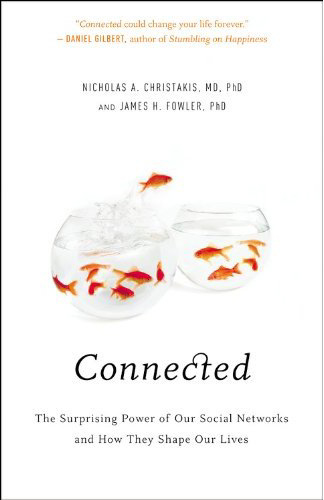
There’s an excellent (if overenthusiastically titled) article on Inc.com called “10 Surprisingly Counterintuitive Ways to Be Incredibly Happy.” It lists 10 research-based insights into cultivating long-term happiness.
Here’s a summary of the approaches they recommend, which can also serve as a refresher to re-read once or twice over the next couple of days to a week after you read the original article (assuming you decide to read the original article), if you’d like a way to help ensure the ideas to stick.
- Allow feelings of happiness and disappointment to mix
- Keep happy friends close (or move near happy friends, or find happy friends nearby)
- Learn something new, even if it’s stressful
- Consider counseling, which the article describes as producing as much happiness as 32 times the money it costs
- Don’t be overeager to seize happiness
- Say “no” to almost everything and use “don’t” to stop yourself from unwanted behaviors*
- Be comfortable and realistic in recognizing your strengths and weaknesses
- Plan for the worst, both to create peace in the moment from knowing you’ve taken dangers into account and to be able to handle trouble more easily and effectively
- Give up things you love for short periods in order to appreciate and enjoy them more
- Picture realistic accomplishments instead of fantasizing**
*Item #6 strikes me as two separate points: the first is about not overcommitting yourself, which is huge and one of my own personal biggest stumbling blocks; the second is about how to talk to yourself about not doing something, e.g., not saying “I should work out” or “I have to work out” or “I can’t miss my workout,” but rather “I don’t miss workouts.”
**Item #10, for my money, was the least clearly presented, although in general I think the article is great. On this one, the key thing seems to be not giving up on visualizing wonderful things happening, but rather visualizing specific things it’s in your power to accomplish in the way that they might actually happen. For instance, fantasizing about becoming a basketball star may tend to sap your energy and undermine your success; picturing yourself making multiple baskets at an upcoming game and then practicing hard to make that more likely may well do the opposite.
Photo by Shindz











